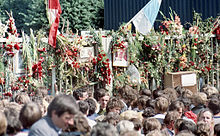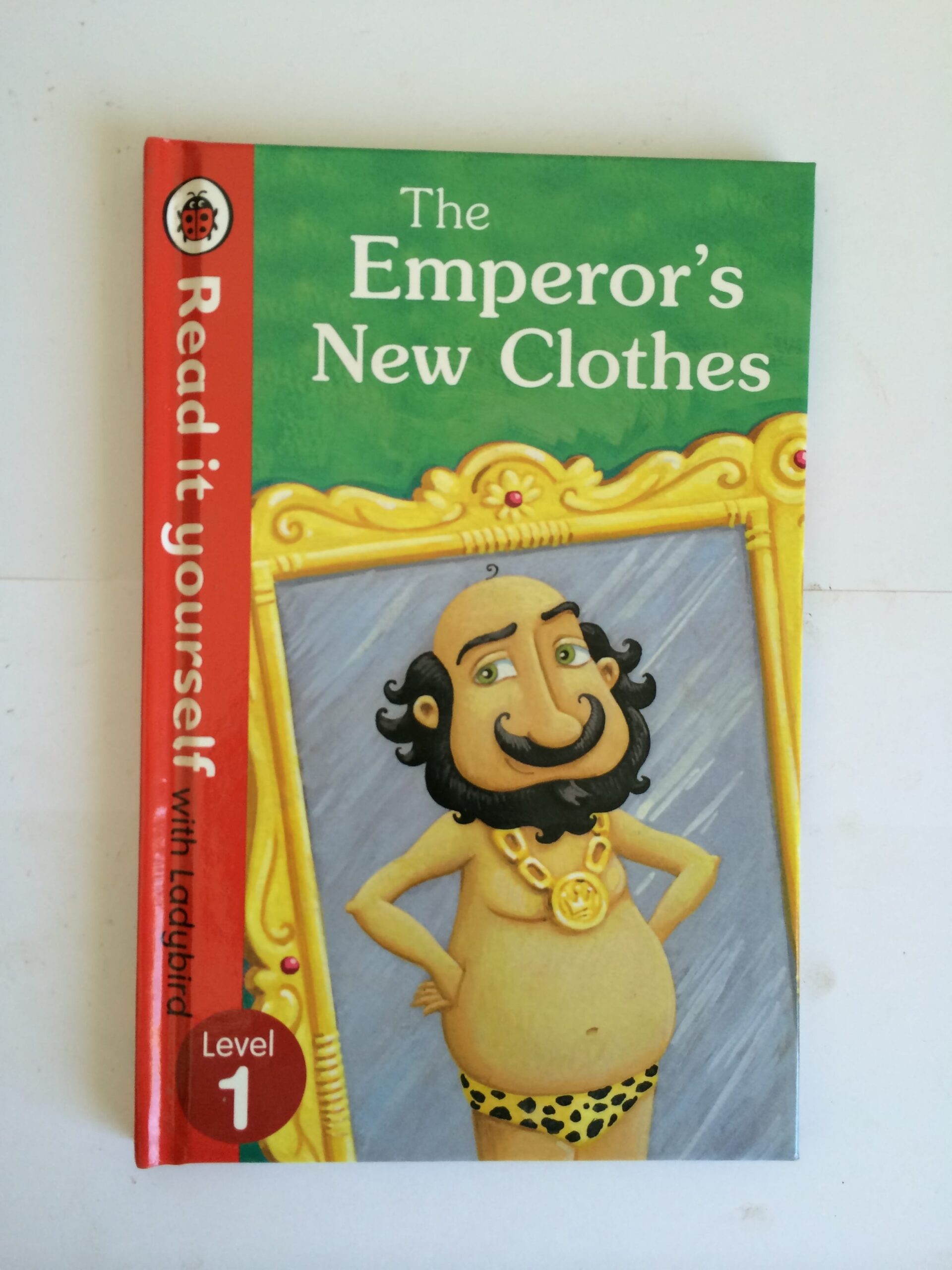A Tale of Two Countries
In August 1980, in the Lenin Shipyards in Gdansk, Poland, 17,000 striking workers shook the authority of the Polish Communist party. The strikers convinced the Polish authorities to agree to their demands and over the following sixteen months, the newly-formed Solidarity Trade Union movement evolved to help Poland develop a fledgling pluralistic system of information with real trade Union representation.
The independence movement was eventually crushed by a military takeover on 13th December 1981 with the tacit approval of the Soviet Union under the leadership of the then ailing Leonid Brezhnev. The Polish opposition members, including the figurehead Lech Walesa, were imprisoned and many others fled the country. They returned to a different, more tolerant and more pluralist Poland less than 10 years later.
Historical parallels are not always clear and the differences between Poland 1980 and Belarus 2020 are palpable. Poland’s foray into democracy lasted 16 months: Belarus’ authorities reacted immediately, and the mass demonstrations were slowly extinguished. The Belarusian paramilitary OMON used selective violence, incarceration and even judicial murder. In Poland, the authorities allowed the independent institutions to be formed over a period and the clampdown came overnight using the military for the final coup de grace. In Belarus, the authorities gradually tightened the screws from day one.
Moreover, Belarusian society in 2020 is not Polish society of the 1980’s. While the Poles knew what they didn’t want, they also had a stronger idea of what they did want. In 1980, there was a generation that still remembered pre-Communist rule and a less ideologically controlled society as a point of reference. There was also a strong nationalist identity which galvanised the population against Russian-imposed Communism and in this, the Catholic Church was influential.
There had also been a historical tradition of questioning orders from above in Poland. Acts of defiance were almost a rite of passage in Polish society every half-generation: the Warsaw uprising against the Nazis in 1944, the workers revolt in Poznan in 1956, the revolt of the students and intellectuals in 1968, protests in 1970 and 1976 and then Solidarity movement in 1980. Poland was structurally a ‘top-down society’ but grass roots organisations had evolved over the previous 35 years of Communism and flourished during the short-lived Solidarity period.
In Belarus 2020 and after, things are different. While almost everybody seems to be united in what they don’t want, there is no clear view of the alternatives. Belarus is still a ‘top-town’ society in spirit and in structure. Within organisations – even private commercial organisations – Belarusian employees carry out their roles unquestioningly and bosses are comfortable with that. Grass roots traditions are limited and while they had started to emerge from August 2020, the Lukashenko regime has attempted to crush them, seeing even non-political spontaneous activity as a threat. Thus, given the lack of real political experience, at worst, the exit of Lukashenko could herald the arrival of more of the same.
Despite this, there are enough similarities to give a strong feeling of déjà vu. There is a comparable mood of ‘resignation’. After the military crackdown in Poland in 1981, society reverted to script. As one Polish oppositionist put it, ‘there was a sense that government repression was inevitable. Everybody played their respective roles: the army to patrol the streets, the main oppositionists to go to prison and the rest to get on with their lives in the forlorn hope that life one day might get better.’
In Post-1981 Poland and Post-2020 Belarus, many echo the question ‘Was it worth it? After all, the situation has become worse.’ In both countries, people shrugged their shoulders, as if accepting the ‘inevitable’.
However, something has changed in Belarus. While the events in Poland 1980, were almost a replay of previous acts of defiance, albeit more widespread and more successful, Belarus’ protests were unprecedented and its scale of defiance was unthinkable even a few years ago. It seems that each new generation is bringing an ever stronger awareness of the need for change for what they want and aspirations to make it happen. People are echoing the sentiment, ‘we know it is now possible’ or ‘I am not alone’. In this sense, despite the forceful pushback from the Belarusian authorities, what we have seen is probably a dress rehearsal of things to come.
In Poland, the tangible symbols of Solidarity had stayed in people’s consciousness, to remerge as a political force, with Lech Walesa, the electrician, becoming Poland’s President. Symbols in Belarus may have an equally enduring effect.
Some people claim that Belarusians are more pragmatic than the comparatively hot-headed and nationalistic Poles and that this pragmatism acts as a brake on greater action. However pragmatic preferences of Belarusians may change over the coming years as two options emerge.
The first is to stay tied to a neighbouring economy that is heavily dependent on the fluctuations of world commodity prices, the showcasing of military might and nuclear weapons, a country that treats neighbours either as vassals or enemies, and a propaganda machine which breeds hatred and contempt towards the latter.
The second option is to be part of a group of nations with open government, relatively thriving economies and a desire for association based on respect for the individual. Which one would a pragmatic people choose?
The wild card, both in 1980 and 2020, is the Kremlin. To a large extent, the emergence of democracy in Poland in the late 1980’s came only with the tacit support of President Gorbachev of the USSR. His tenure came after a period of economic and political stagnation when the Soviet authorities had run out of ideas except to challenge the USA as a superpower in a country beset by internal contradictions.
Putin’s challenges are to balance the competing aims of keeping his inner and outer circle content, convince people that they have no other choice but him as President, raising Russia’s profile abroad through military means and satisfying the obsessive need to tell everybody in the world that the Kremlin’s viewpoint is correct and drowning out those who disagree. The cost of sustaining these policies and the failure to address the decline in living standards may eventually cause the Russian system to implode.
Even if it doesn’t, leaders do not last forever and Russia has a shaky experience of transitioning leaders as potential successors vie for power. At time of writing there is no reason to believe that a post-Putin Russia will not undergo time-honoured transition pains. ‘Après moi, le deluge’ said the absolutist King Louis XV, keen to be seen by history as a strong leader. Like many absolute monarchs, he reasoned that the greater the decay of the country after his death, the more sympathetically history would judge him for the time of his rule. The history of Russia tells us that one of the fallouts from the decay is that neighbouring states and even internal states, break free. Thus, as far as Belarus is concerned, it is less a question of ‘if’: it is more about ‘when’.
Almost forty years ago, in Poland, after a friend expressed the feeling that ‘nothing would change’, I glibly remarked that I foresaw a time when Polish people could freely travel to the West, that they could buy Western goods in the shops for Polish currency and vote their governments in and out.
She retorted sharply ‘Don’t be ridiculous,’ and added, ‘you know nothing about our situation.’
She was right, of course. I didn’t. Yet, miraculously, all these things happened almost within 10 years, along with the then hardly imaginable scenario of Poland becoming part of NATO and the European Economic Union some years later.
What I have learnt in the intervening 40 years is that what seems a daydream today can become a reality tomorrow. In that sense, 1980 and 2020 may not be so different after all.




